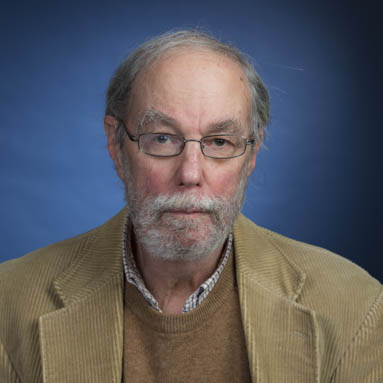Liberal Arts & Engineering

WPI’s Liberal Arts & Engineering (LAE) degree program prepares students to take on those challenges by providing a broader base of knowledge not only in engineering, but in other disciplines as well. Our students graduate with a strong technical background, a broad appreciation of the humanities, and a critical awareness of social implications. In fields such as medicine, law, public policy, international studies, business, and wherever a solid technical background would give them a unique edge, graduates of the WPI Liberal Arts & Engineering program will be uniquely prepared to solve the problems of the 21st Century.
| Area of Study | Bachelor |
|---|---|
| Liberal Arts & Engineering | bachelor |
Personalized Approach and Flexible Curriculum
Our unique program offers a liberal arts degree integrated with an engineering foundation. Focusing on personal and individualized attention, the Liberal Arts & Engineering program encourages students to pursue innovation. The program accommodates a wide range of interests while helping students develop a coherent program of study. Dedicated faculty members and advisors will help you develop the program that’s right for you.
Freedom to Customize Your Education
The flexibility of the program allows you to follow your passions, select many of your own courses, and choose from a wide range of classes to complement your unique interests. The LAE program distributes the 15 required courses in the major more broadly than in engineering, with 9 courses in engineering and the remaining 6 in management and the liberal arts.
Program Designed for Problem-Solvers
The LAE degree was designed for students who need a practical, broad experience in engineering as well as other disciplines to take on the challenges of an interdisciplinary world. Central to the program is the intent to produce strong communicators, effective team members, and creative problem solvers.
Announcements
See More Announcements
Lance Schachterle enjoys the excitement of the classroom--meeting new students each term, sharing ideas about works of literature that matter, and learning to communicate more effectively. He teaches courses at the 1000 and 2000 levels, mostly in modern literature, but also really likes interdisciplinary courses that involve science. WPI students work harder than most, and students pursuing their minor in literature often really get intellectually and emotionally involved in what they are studying.